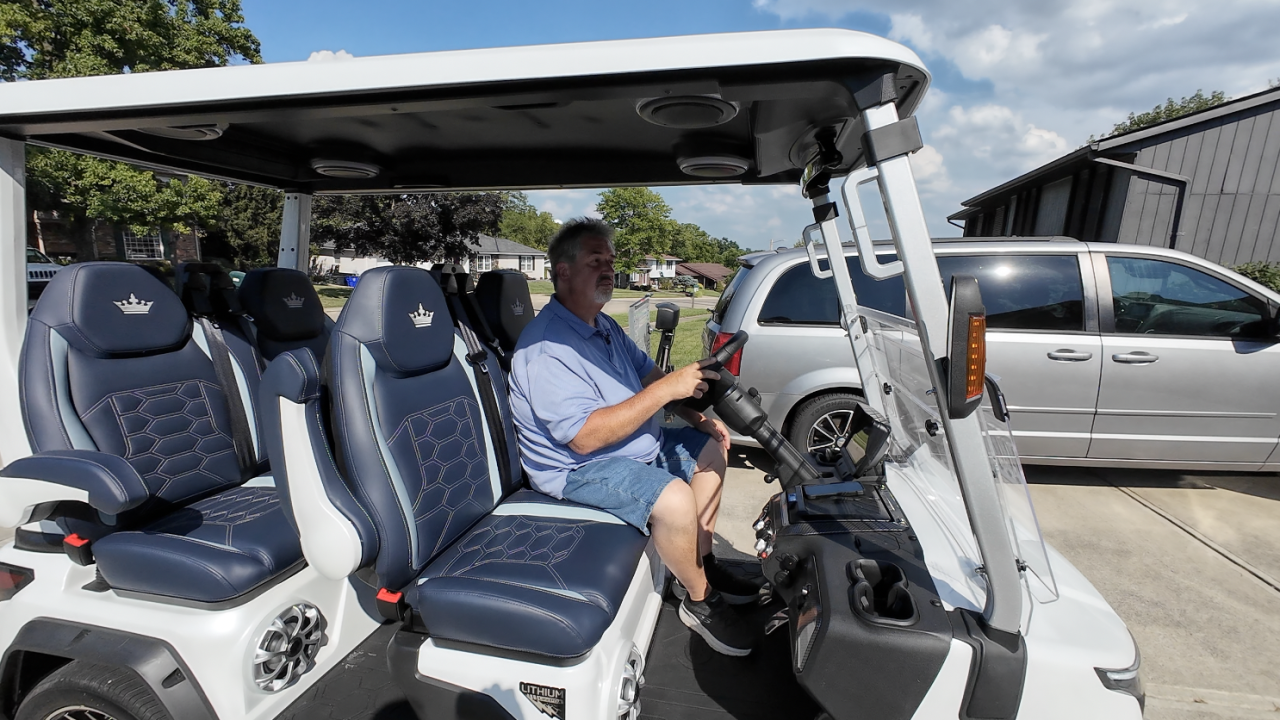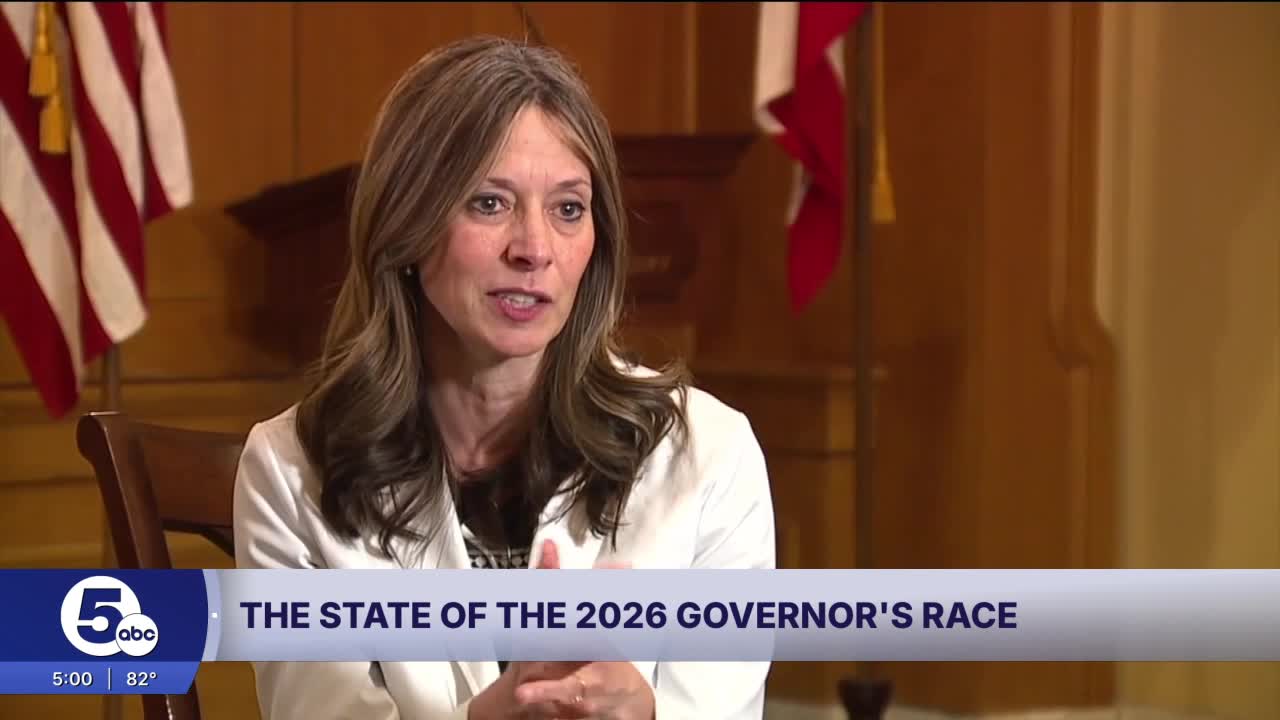During a meeting of Democratic Governor Andy Beshear’s Pre-K for All Advisory Committee in Kentucky on Wednesday, a Republican lawmaker from Alabama spoke in favor of state funding for early childhood education.
The pre-K program in Alabama has endured both Democratic and Republican governors and has always been a bipartisan program with strong local and community support, according to Rep. Jeana Ross, a former educator and former secretary of her state’s Department of Early Childhood Education.
According to her, Ross played a significant role in the establishment of Alabama’s program during a period when studies on early children’s brain development were gaining increased attention.
According to Ross, it became clear that a lot was happening during these formative years. Children’s early experiences and brain development undoubtedly shape their course for the rest of their lives.
Children who attend pre-kindergarten are more likely to be prepared for kindergarten, be healthier, and live longer, according to Steven Barnett, the founder and senior co-director of Rutgers University’s National Institute for Early Education Research, who also spoke to the committee.
The new two-year state budget will be adopted by Kentucky lawmakers during the January legislative session. That would likely be Beshear’s final opportunity to secure money for pre-K for all 4-year-olds in Kentucky, a program he has tried in vain to get through the Republican-controlled legislature. Beshear’s second term expires in 2027, and governors of Kentucky are only allowed to serve two terms.
Delivered to your inbox every weekday morning, these are the stories that everyone in NKY will be talking about.
He established the advisory council to investigate support for universal pre-kindergarten programs in Kentucky by signing an executive order in June.
The committee heard about other states’ public preschool programs during Wednesday’s Zoom meeting.
According to Barnett, pre-K has a cascading effect on various aspects of life.
Barnett told the committee that if you put those kinds of things in place, you can then see significant improvements in later achievement, a decrease in the need for special education, a decrease in failure and grade retention, and, ultimately, a rise in educational attainment, high school graduation, and post-secondary enrollment. Numerous more advantages follow after achieving that greater level of knowledge, including decreased crime, increased income, better employment, and improved health. In fact, people will live longer.
Beshear stated at his weekly press conference on Wednesday that since the committee’s creation, more than 22,000 emails had been received to lawmakers in Kentucky urging them to support universal pre-K.
According to Sam Flynn, executive director of the Team Kentucky Pre-K for All Program, the group has also hosted town halls in Bowling Green, Morehead, Frankfort, and Northern Kentucky, which were extremely successful and highly attended.
Making pre-K available to all 4-year-old children in Kentucky is a no-brainer: Everyone benefits—our families, our companies, our children, and our economy, Beshear said. Currently, one in five children in Kentucky are living below the poverty line.
Beshear also referenced recently released studies showing that having universal pre-K for their kids helps parents in their professional lives.
According to Flynn, a sizable portion of the state’s school superintendents have either contacted us or we have spoken with them directly to express their strong support for this.Source: Advisory Committee for Pre-K for All
Ross stated that it was critical to convey the value of early childhood education and its implications for our communities throughout the entire state of Alabama from the outset of the state’s efforts to establish a successful pre-K program.
She said that we were aware that you might be doing more harm than good if the quality was lacking. Therefore, quality was crucial, and we established that right away.
Due to Alabama’s similarities to Kentucky, the committee decided to look into the state. It also examined Iowa and Georgia.
Georgia and Alabama residents spend the least amount of their income on child care for 4-year-olds, according to Andrea Day, a division director for the Department for Community Based Services in the Cabinet for Health and Family Services. According to Day, Kentuckians spend the highest, consuming 10% of their yearly salary for a single child.Source: Advisory Committee for Pre-K for All
According to Ross, states must be really courageous and take some chances in order to implement a successful pre-K program.
In Kentucky, over 63% of children between the ages of 3 and 4 did not attend school in 2019–2023, up from 58% in 2014–2018. Sixty-seven percent of fourth graders in Kentucky were not proficient readers in 2024. It is higher than the 65% in 2019.
In the same year, 76% of the state’s eighth graders lacked arithmetic proficiency, up from 71% in 2019. According to the research, 10% of high school students failed to graduate on time in 2021–2022, up from 9% in 2019.
Even though Alabama’s voluntary pre-K program is praised for its excellence, universal enrollment has not been attained.
According to Ross, Alabama was able to demonstrate that pupils who received pre-K instruction were more likely to attend class and were less likely to require special education services when they reached K–12.
In addition to catching up, kids were prepared for kindergarten by the time they left that program, according to Ross. We could also demonstrate it.
This story originally appeared at kentuckylantern.com.
Did you enjoy this story? Contribute to the next one.
Without community backing, independent local reporting would not be possible. We are able to continue covering the people, places, and issues that define Northern Kentucky thanks to your monthly donation.When you donate, you’re investing in all the stories that lie ahead, not just one.
AID IN LOCAL NEWS






